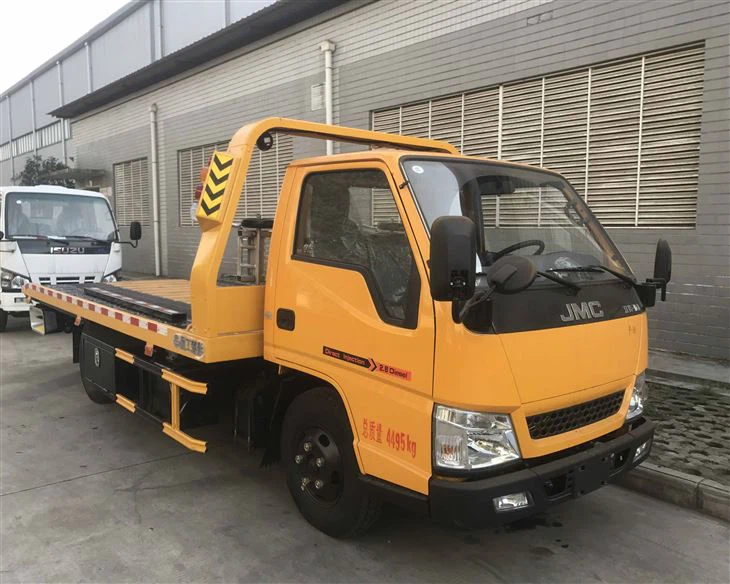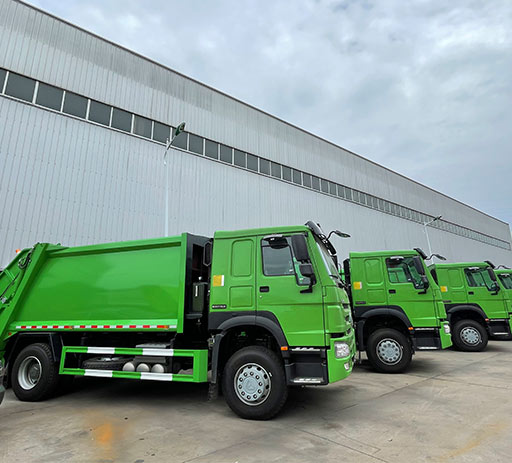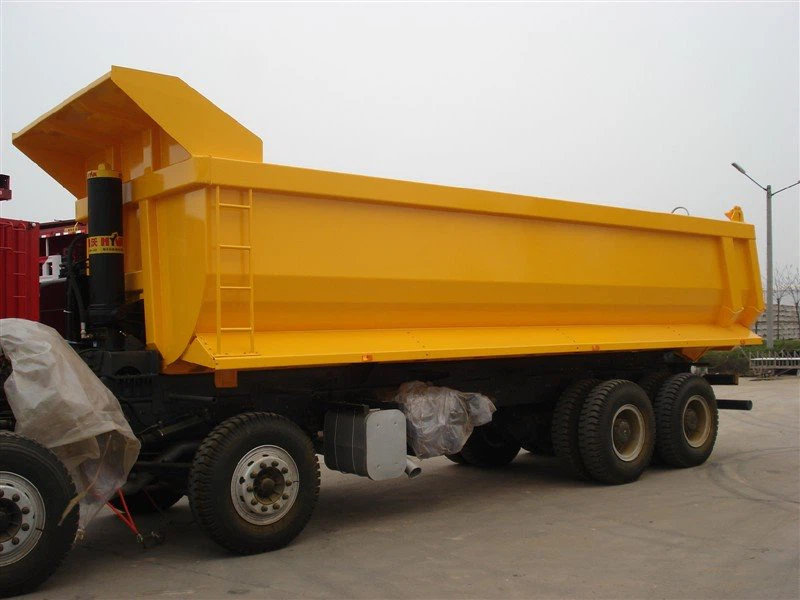Sewage Lorry: Everything You Need to Know

In the modern world, sanitation and waste management are essential aspects of urban living. One of the unsung heroes in maintaining public health and hygiene is the sewage lorry. This article delves into the intricacies of sewage lorries, examining their importance, functionality, types, and maintenance, alongside practical tips for proper sewage management.
What is a Sewage Lorry?
A sewage lorry, also known as a vacuum truck or sewage tanker, is a specialized vehicle designed to collect and transport sewage and wastewater from various sources. Equipped with a vacuum system, these lorries can efficiently extract liquid waste from septic tanks, sewer systems, and other sources of waste, transporting it to treatment facilities for proper disposal.
How Sewage Lorries Work
The operation of a sewage lorry is relatively straightforward. Typically, these vehicles are fitted with a large tank and a powerful vacuum pump. Here’s a step-by-step breakdown of the process:
- Positioning: The driver maneuvers the lorry to the location where waste needs to be collected, such as a septic tank or a manhole.
- Connection: A flexible hose is connected to the vacuum system, which is inserted into the sewage source.
- Vacuum Activation: The driver activates the vacuum pump, creating suction that pulls the waste into the tank.
- Transport: Once the tank is full, the lorry transports the sewage to a treatment facility for processing.
Types of Sewage Lorries
Sewage lorries come in various types, each designed for specific tasks and environments. Understanding the types helps in selecting the right vehicle for waste management needs.
1. Vacuum Tankers
Vacuum tankers are used primarily for liquid waste collection. These lorries are equipped with a vacuum pump that creates negative pressure to siphon off waste into a large tank. They are commonly used for:
- Septic tank pumping
- Sewer cleaning
- Industrial waste collection
2. Combination Units
Combination units serve dual purposes: they can vacuum liquid waste like a vacuum tanker and also clean pipes using high-pressure water jets. These units are versatile and suitable for:
- Municipal sewer maintenance
- Storm drain cleaning
- Commercial waste management

3. Dedicated Sewage Trucks
These trucks primarily focus on transporting sewage to treatment facilities. They are optimized for high-capacity loads and ensure that the sewage is contained securely during transport.
Importance of Sewage Lorries
The role of sewage lorries in public health and sanitation cannot be overstated. Here are some key reasons why they are critical:
1. Public Health Protection
By facilitating regular removal of sewage from residential and commercial properties, sewage lorries help prevent contamination of drinking water sources and the spread of waterborne diseases.
2. Environmental Safeguarding
Proper disposal of sewage minimizes the risk of soil and water pollution. Sewage lorries ensure that waste is transported safely to treatment plants, reducing environmental hazards.
3. Urban Infrastructure Maintenance
In urban areas, maintaining sewage systems is essential for the overall functioning of infrastructure. Sewage lorries play a vital role in cleaning pipelines and ensuring the efficient flow of wastewater.
Environmental Impact of Sewage Disposal
Improper sewage disposal can have severe consequences for the environment, including water pollution, soil degradation, and harm to local wildlife. Sewage lorries help mitigate these issues by ensuring that waste is transported to appropriate facilities where it can be treated and safely integrated back into the ecosystem.
Maintenance of Sewage Lorries
Just like any vehicle, sewage lorries require regular maintenance to function efficiently. Here are some key maintenance practices:
1. Regular Inspections
Conduct thorough inspections of the tank, hoses, and vacuum system to ensure all components operate correctly. Check for leaks, cracks, or damages that may compromise the vehicle’s effectiveness.
2. Cleaning the Tank
After each use, the tank should be cleaned to prevent contamination and odor build-up. Use high-pressure water jets and cleaning agents designed for sewage waste.
3. Pump Maintenance
Maintain the vacuum pump by checking its fluid levels, replacing worn-out parts, and ensuring that filters are clean. A well-maintained pump ensures efficient waste collection.
Tips for Effective Sewage Management
Efficient sewage management requires the cooperation of residents, businesses, and waste management companies. Here are practical tips to consider:
1. Regular Pumping
Homeowners with septic systems should schedule regular pumping (every 3-5 years) to prevent overflows and backups. Consider your household size and usage when determining frequency.

2. Monitor Water Usage
Be mindful of your water usage to avoid overwhelming your sewage system. Practice conservation techniques, such as fixing leaks and using efficient appliances.
3. Dispose of Waste Properly
Avoid flushing non-biodegradable items, oils, and chemicals down the toilet or into drains. These substances can clog systems and lead to costly repairs.
Case Studies: Successful Sewage Management
1. City X: Improving Public Health

City X implemented a citywide sewage management plan using modern sewage lorries. This initiative led to a 40% reduction in waterborne diseases within five years.
2. Rural Community: Affordable Solutions
A rural community adopted a partnership with a local sewage lorry service for regular waste pickup. Establishing fixed schedules helped keep septic systems functioning correctly and improved overall public health.
FAQ Section
1. What types of waste can sewage lorries collect?
Sewage lorries can collect liquid waste from septic tanks, sewage systems, industrial facilities, and even storm drains. Specific types depend on the vehicle’s design.
2. How often should I have my septic tank pumped?
It is generally recommended to pump your septic tank every 3 to 5 years, depending on your household size and the tank’s capacity.
3. Can sewage lorries operate in all weather conditions?
While sewage lorries are designed for various conditions, extreme weather can impact their efficiency. Heavy rains can lead to mitigating factors like flooding, making access difficult.
4. What training do drivers of sewage lorries need?
Drivers require specialized training in operating the equipment, safety procedures, and understanding waste handling regulations to ensure safe and effective collection.
5. How do I choose a sewage lorry service for my area?
Consider factors such as service reputation, customer reviews, pricing, and qualifications when choosing a sewage lorry service. Inspect their equipment and verify they adhere to safety and environmental standards.
6. What should I do if I suspect a sewage backup?
If you suspect a backup, avoid using water fixtures and contact a sewage removal service immediately. Prompt action can prevent further damage and health risks.
